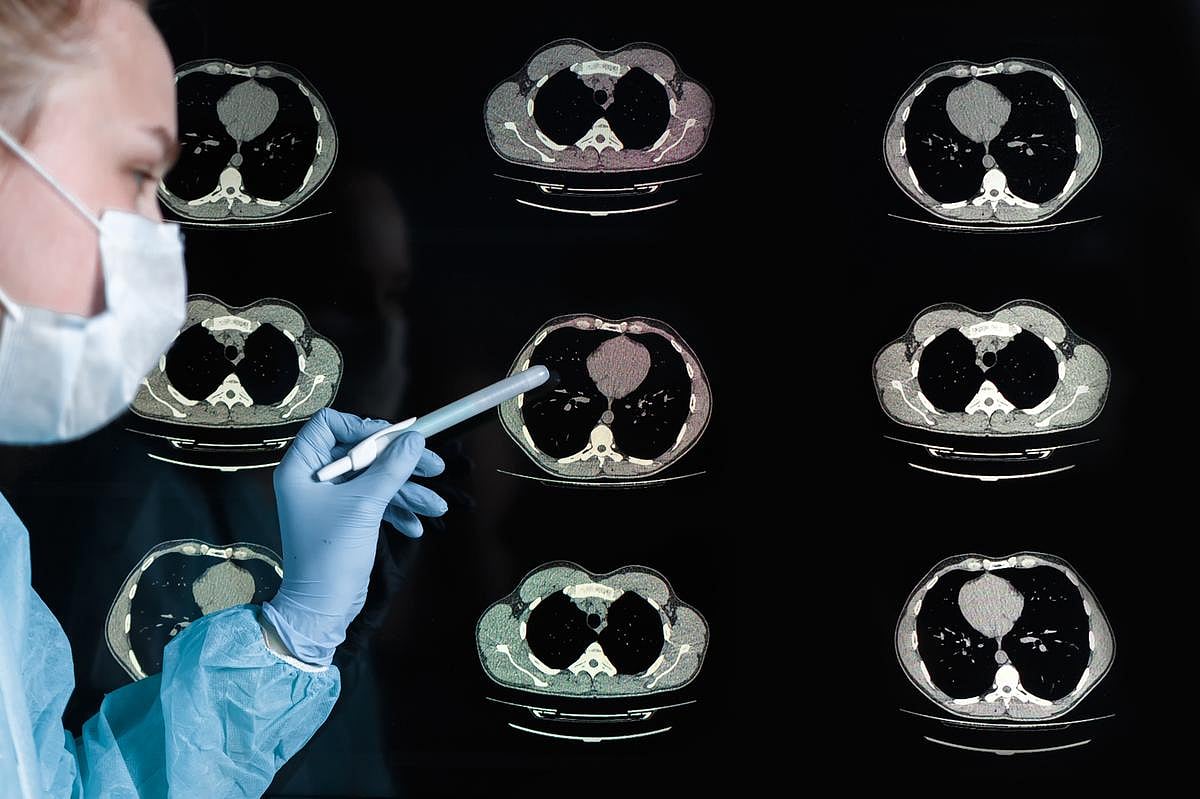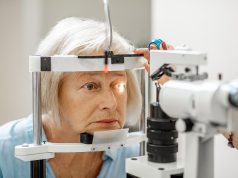Clinical use of generative model maintains clinical quality, shows potential to detect pneumothorax requiring immediate intervention
By Elana Gotkine HealthDay Reporter
THURSDAY, June 12, 2025 (HealthDay News) — Clinical use of artificial intelligence (AI)-generated draft radiograph reports is associated with improved radiologist documentation efficiency while maintaining clinical quality, according to a study published online June 5 in JAMA Network Open.
Jonathan Huang, Ph.D., from the Northwestern University Feinberg School of Medicine in Chicago, and colleagues conducted a prospective cohort study to evaluate the association of radiologist use of a workflow-integrated generative model capable of providing draft radiological reports for plain radiographs with documentation efficiency, clinical accuracy and textual quality of final radiologist reports, and the model’s potential for detecting unexpected, clinically significant pneumothorax in a prospective cohort study conducted at a tertiary care academic health system.
Documentation efficiency was analyzed in 23,960 radiographs (11,980 each with and without model use). The researchers found that interpretations were faster with model assistance than the baseline set of those without (mean, 159.8 versus 189.2 seconds, respectively), representing an increase of 15.5 percent in documentation efficiency. No difference in clinical accuracy or textual quality was seen between model-assisted interpretations and nonmodel interpretations in a peer review of 800 studies. Among 97,651 studies screened, the model flagged studies containing a clinically significant, unexpected pneumothorax with a sensitivity of 72.7 percent and specificity of 99.9 percent.
“Our results provide initial evidence for benefits of draft reporting using generative AI tools and a framework by which clinician–AI collaboration may effectively integrate into and improve existing clinical workflows,” the authors write.
Several authors reported having patents in varying states of the application process; two authors received fees from Cardiosense.
Copyright © 2025 HealthDay. All rights reserved.








